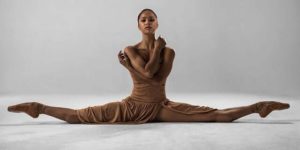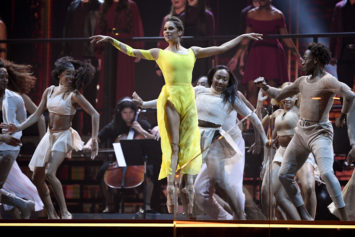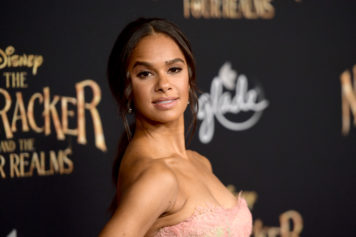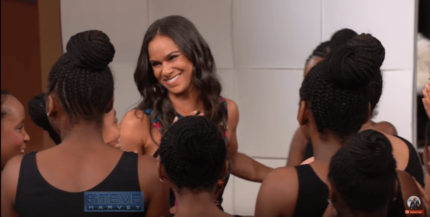
Misty Copeland (Malvina Calot/Flickr)
Ballerina Misty Copeland’s trip to Havana, Cuba, started as part of the U.S. Sports Envoy program, but what she discovered was the huge array of nonwhite performers who are disproving conventionally racist thoughts about the dance form.
The 34-year-old arrived to dance with the Ballet Nacional de Cuba on Nov. 16 and spoke to The Undefeated about the many changes ballet has to go through to embrace all races around the globe.
Copeland, who in 2015 made history as the first Black woman named principal dancer of the American Ballet Theater, said the perception that ballet is a white-only art form has always been — and still is — quite problematic.
“There’s this stigma in classical ballet that brown people don’t belong,” Copeland said. “And that the rich culture comes from Europe. Americans have created a long history now in classical ballet, and I think … we are not really appreciated or acknowledged, for as long as we’ve been a part of it — including African-Americans.”
Upon her arrival to Cuba, Copeland learned about the country’s lengthy history of ballet and said the education revealed something about the dance form’s far-reaching appeal.
“To see the diversity, it’s proving all of those people wrong,” she said. “It’s like, ‘No, ballet’s being done everywhere in the world.’ And it’s been going on for a long time. And so to exclude one race or because you look a certain way, I think is so wrong. And being here, it’s proof that it doesn’t matter what color your skin is. They’re doing classical ballet here and they’re doing it really well.”
However, even though Copeland said her discovery “will forever stick with me,” she acknowledged there is still work to be done in promoting diversity and inclusion, and the dancer vowed to continue to fight for it.
“I don’t think I’ll ever stop having the conversation,” Copeland said. “It will always be relevant. I don’t think that racism is something that will ever completely go away. The conversation of diversity in dance is always going to be an issue and I just hope for as long as I’m alive, that I’m continuing to keep that conversation open and to push the boundaries.”


